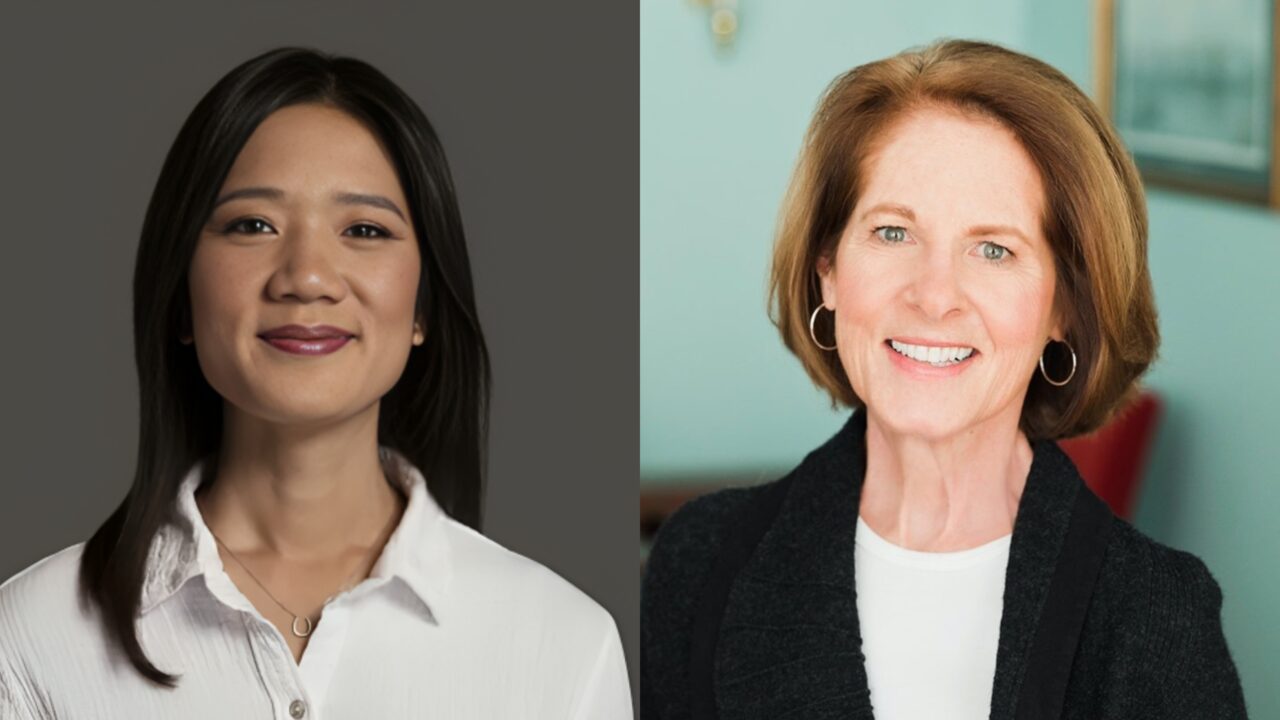Phuong Ly-Gallagher, Colorectal Cancer Advocate at Charitable Organizations, shared a post on LinkedIn by Erin Cummings, Founder and Executive Director at Hodgkin’s International, adding:
“I am no stranger to long-term side effects of treatments. In fact, American Society of Clinical Oncology (ASCO) gave me the opportunity to speak on exactly this topic at last year’s conference as a part of ASCO Voices.
Erin Cummings’ experiences as a Hodgkin Lymphoma survivor is the same as what I have experienced as a long-term Colorectal Cancer patient and survivor. Not only have survivorship clinics been geared towards patients that have recently completed treatments – I have actually been excluded from qualifying for services from my ‘home clinic’ because of how they defined ‘survivor.’
I am grateful to this clinic for listening to my reasoning and working to revise their definition so that ALL survivors may benefit from their services. There was never any malice in this. It was simply an oversight that follows the thinking above; that ‘survivor’ only includes patients that have just finished their treatment. This logic excludes people like me – an 18-year patient who will never be out of treatment, yet I (and others like me) am no less a survivor in need of services provided by survivorship clinics.
These clinics should include assistance in dealing with the long-term effects that we are often not told about, but are dealing with as we continue to live with cancer. As treatments have progressed, there are more of us long-term survivors – some in treatment and some out of treatment but still dealing with side effects. In any case, we are all survivors.”
Quoting Erin Cummings’ post:
“What took so long?
While it is encouraging to see that the topic of ‘late effects’ from cancer treatment is finally getting its due, many long-term survivors are asking the question, ‘What took so long? Where have you been all these years?’
I happen to be one of many long-term Hodgkin lymphoma survivors who have been dealing with late effects for decades. Those of us who were treated in the 70s, 80s, and 90s and who have managed to stay alive all these years know only too well that the battle isn’t over once you have been pronounced cured. For many of us, the repercussions of the radiation and chemotherapy we received have been devastating.
We have suffered from heart disease, lung disease, subsequent cancers, chronic fatigue, and depression. The combination of these illnesses has resulted in a shortened life span for Hodgkin’s survivors- a sobering and sad reality of the cost of the cure.
It is frustrating to know that research about late effects, particularly for Hodgkin’s survivors, has been available for many years. There are studies that date to the 70’s, and probably earlier than that. The findings of these studies remain true today, yet far too many long-term survivors are still unaware of the risks they face.
Worse, we hear too often that when they complain of symptoms of late effects, their concerns are dismissed. The common retort is, ‘That was so long ago. It’s unlikely to have anything to do with your Hodgkin’s.’ Nothing could be further from the truth.
Hodgkin’s International, a non-profit organization that supports and educates long-term Hodgkin’s survivors, was founded ten years ago to bring life-saving information about late effects to a group of people who were previously in the dark about what was happening to them.
They were unlikely to be seen by an oncologist, much less have access to a survivorship clinic. Most of us just didn’t know that we were at risk. We were never told. Somehow, most of the research on late effects rarely trickled down to the people who needed that information the most- the long-term survivors.
It is still an uphill battle for us. Many of the newly established survivorship programs and clinics are designed for individuals who have recently achieved remission. There doesn’t seem to be an effort to reach out to cancer survivors who have long since been cured but are likely to be suffering from late effects. Yet we know that they are most at risk because their cancer treatments were deemed to be so toxic that they are no longer in use.
Long-term Hodgkin’s survivors are intimately familiar with the subject of late effects. We have been for quite some time. It is welcome news to see that there is a concerted effort to mitigate late effects and to make sure that the next generation of cancer survivors is cared for and supported well beyond remission. Let’s just not forget about the past generations. They are no less important.”
More posts featuring Phuong Ly-Gallagher and Erin Cummings.


